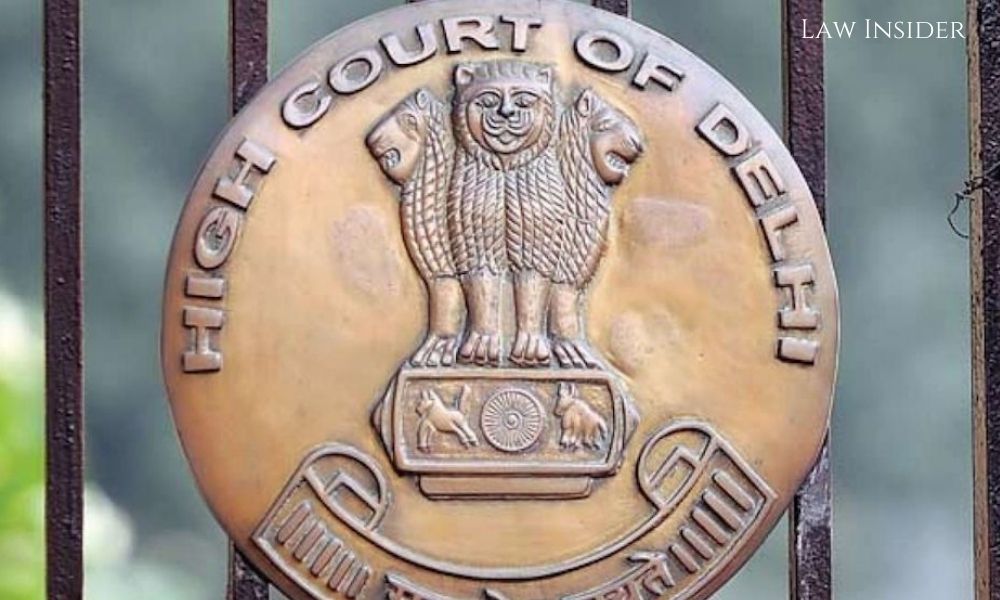LI Network
Published on: 27 September 2023 at 12:13 IST
The Delhi High Court has asserted that the use of inappropriate and derogatory language in legal pleadings undermines the dignity of individuals and goes beyond the acceptable bounds of language expected in such documents.
The Court resolved a Criminal Petition challenging the bail order granted by the Trial Court to the Respondent. While acknowledging that strong language may sometimes be necessary for the pursuit of justice, the Court stressed that legal practitioners should always maintain a dignified tone and avoid crossing the line into offensiveness.
Justice Swarana Kanta Sharma noted, “Having gone through the contents of the counter-affidavit filed on record on behalf of accused/respondent no. 2, this Court is of the opinion that the use of inappropriate and derogatory language, undermining the dignity of individuals, based on their gender, falls beyond the permissible bounds of language expected in legal pleadings.”
“The use of inappropriate language, which diminishes the character of a woman and implies that her marital status makes her less of a person or a woman, and that the marital status of the man in question entitles him to a virgin woman and an unmarried person, goes beyond being derogatory and is an affront to the principles of equality, dignity, and respect,” the Court noted.
The Petitioner, a single businesswoman with two children, filed an FIR under Sections 376 and 506 of the Indian Penal Code, alleging rape and cheating by Respondent no. 2 on false marriage pretenses. However, the Trial Court granted bail to Respondent no. 2, leading the Petitioner to file a Criminal Petition challenging the bail order.
The Court clarified that when granting or denying bail, the courts are obligated to issue reasoned orders but are not required to decide the case’s merits.
It emphasized that offering a definitive opinion on the merits of a case at the stage of granting anticipatory bail, especially when investigations are ongoing and evidence has yet to be collected by the prosecution, sets a risky precedent.
The Court reviewed the Counter Affidavit submitted by Respondent no. 2 and observed that it contained inappropriate and offensive language. It highlighted the importance of using gender-sensitive language in all legal documents.
In this context, the Court referred to the Supreme Court’s ‘Handbook on Combating Gender Stereotypes,’ emphasizing that legal practitioners must be mindful of the language they use in their documents, refraining from employing derogatory, offensive, or gender-stereotyped language.
The Court emphasized that lawyers may use strong language to present their clients’ cases, but this should not excuse the use of offensive, abusive, disrespectful, derogatory, or misogynistic language. While strong language may sometimes be necessary to pursue justice, it should always maintain a dignified tone and avoid crossing into offensiveness.
The Court issued specific guidelines, including the addition of paragraphs in orders/judgments to clarify that they do not express the Court’s opinion on the case’s merits. These guidelines aim to prevent any confusion at the final disposal of the case.
The Court found no valid grounds for canceling anticipatory bail in the impugned order and thus disposed of the Petition.
Case Title: Rajan Devi v State (Govt. of NCT of Delhi) & Anr

